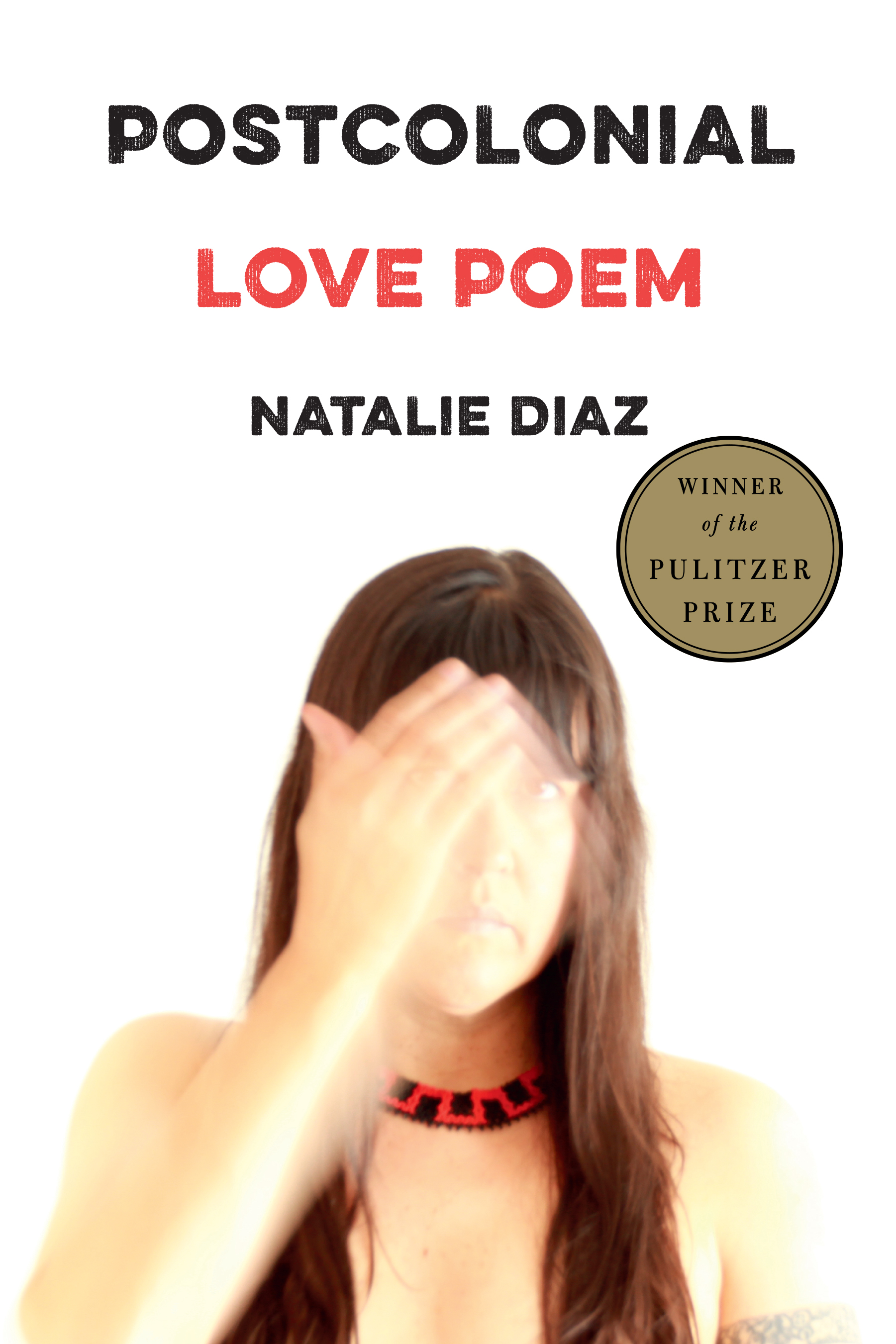Faith Unraveled: How a Girl Who Knew All the Answers Learned to Ask Questions is I think her first book; it was originally called Evolving in Monkey Town with the same subtitle. The Scopes monkey trial took place in Rachel's hometown in 1925 and acts as a neat metaphor for what the book is about: belief, doubt, politics, and fundamentalism. She wrote it after years of wrestling with her conservative evangelical Christian upbringing in the Bible belt and the doubt she experienced as an adult. Book summary:
Eighty years after the Scopes Monkey Trial made a spectacle of Christian fundamentalism and brought national attention to her hometown, Rachel Held Evans faced a trial of her own when she began to have doubts about her faith.
In Faith Unraveled, Rachel recounts growing up in a culture obsessed with apologetics, struggling as her own faith unraveled one unexpected question at a time.
In order for her faith to survive, Rachel realizes, it must adapt to change and evolve. Using as an illustration her own spiritual journey from certainty to doubt to faith, Evans challenges you to disentangle your faith from false fundamentals and to trust in a God who is big enough to handle your tough questions.
In a changing cultural environment where new ideas seem to threaten the safety and security of the faith, Faith Unraveled is a fearlessly honest story of survival.
This book wasn't exactly fun to read, but I did enjoy reading it. It's refreshing to read a Christian writer who doesn't flinch away from the problem of pain and the other big questions, who isn't content with just accepting the traditional pat answers. When many Christians are asked the difficult questions, they are far too likely to, like Aziraphale in the beginning of Good Omens, say "it's ineffable" and refuse to think about it. I liked how Rachel described fundamentalism: as having the same beliefs, but held so tightly that one's fingernails gouge marks in one's palm. Consequently, they are afraid of change, and will do anything to keep the status quo, including turning to politics to hold on to power.
Rachel, a pastor's daughter, went to Christian schools and college where she and her classmates were taught to be Christian apologists and debaters, concerned more with winning souls and dunking on nonbelievers than they were about determining what they really believed and if they believed it. Rachel's crisis of faith was relatable, and I felt for her. She also includes some short chapters about other people she knows and their approaches to faith and belief. This book doesn't have a neat ending, but then life and belief don't. This book is all the more poignant because Rachel passed away a couple of years ago. She was only a few years older than me.
Score: 4 out of 5 stars
Read in: May 7-8
From: Book Outlet
Status: keep for now
Cover notes: I like the cover, although the monkey won't make sense until you read the first chapter about the Scopes monkey trial.
Trigger warnings for this book: described beheading, murder, domestic abuse mention, misogyny mentions, abortion mentions, religious abuse, bombing mentions, US war in the Middle East mentions, hypothetical torture mentions (hell), fundamentalism, Christian-centrism, Islamophobia, that view of Christianity/Jesus as the only pathway to salvation, related topics



